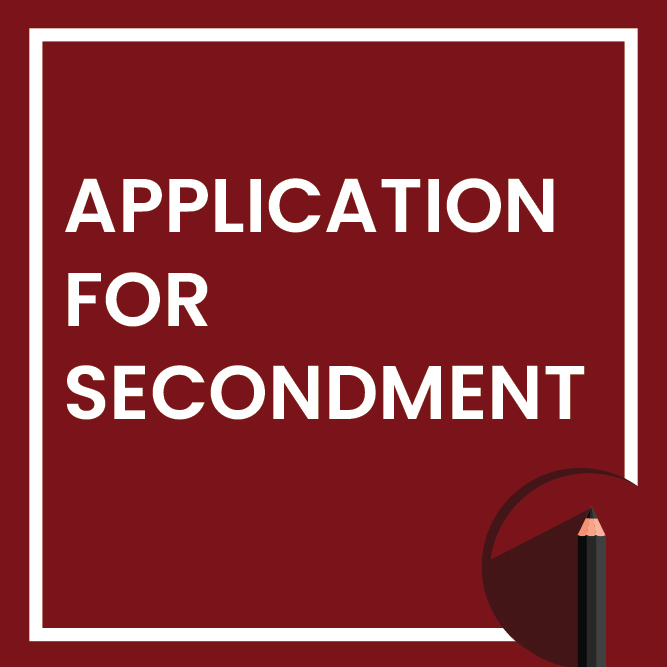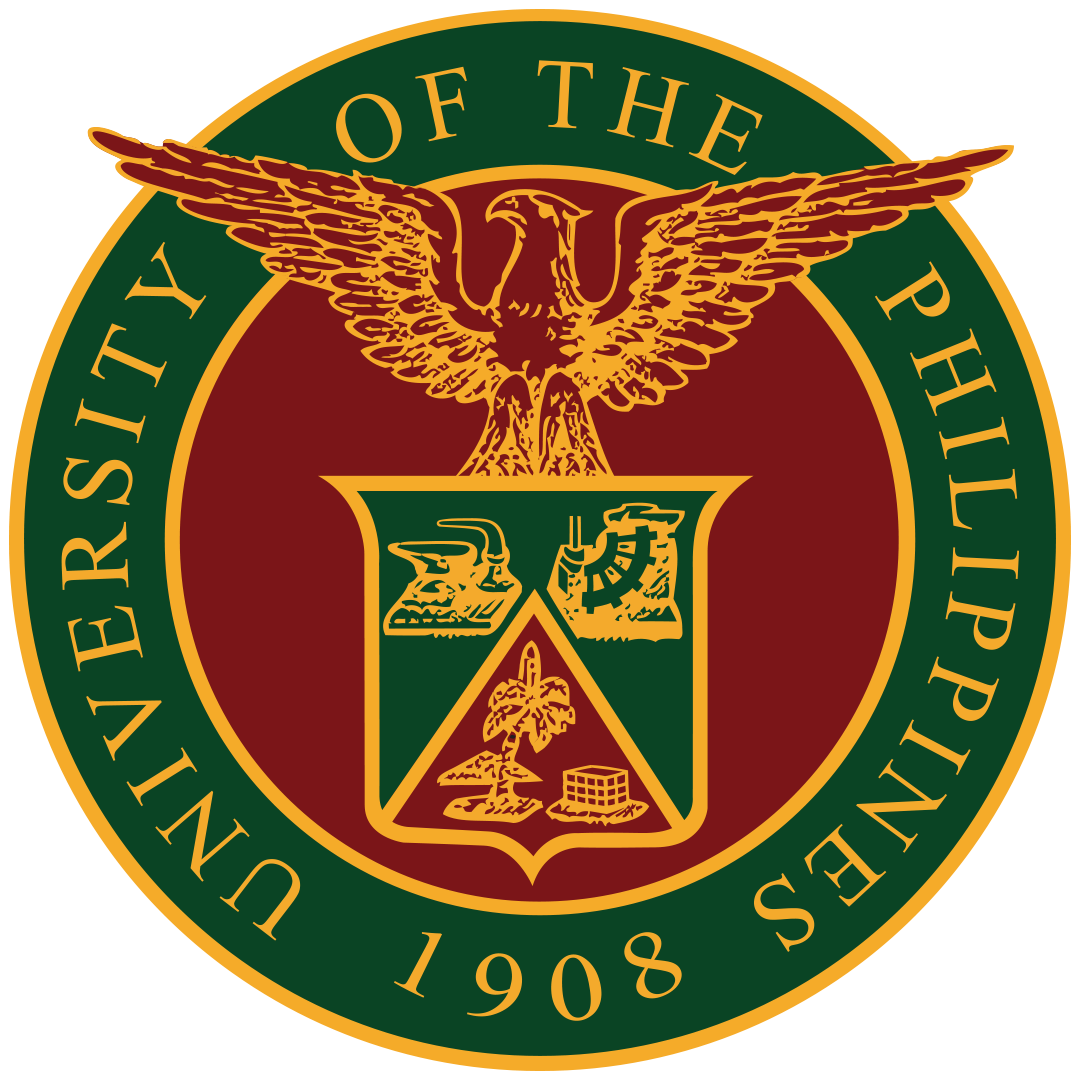Rationale and General Guidelines
The 2003 Faculty Manual covered secondment as one type of the outside activities. Outside activities are not considered a part of the regular workload of the personnel concerned because these activities are not integral functions of the University (p. 186).
A University personnel may be detailed by secondment upon request of another agency, government or private, and when the needs of the University permit, subject to the conditions and proviso stated in the 2003 Faculty Manual (see Section 10.3.6.a, pp. 187-189).

- Secondment to a private agency or to a career position in the government shall not exceed 1 calendar year. This may be renewed for another year.
- Secondment to a policy-determining, primarily confidential or highly technical position in the civil service, may initially be for 2 calendar years. This may be renewed for another 2 years.
- The secondment shall be without pay from the University if the fulltime secondment has pay, honorarium or allowance equivalent to or higher than the salary and allowance in the University
The manual indicated that in very meritorious cases, the Board may waive the rule on the number of years a faculty/staff member may be allowed to be on secondment. However, the faculty/staff member are not allowed to be on secondment for more than 6 years (p. 188).
HRDO evaluates whether the required conditions for secondment applications are met by the faculty member or not. The HRDO Personnel Clearance is the confirmation that the application was processed by HRDO. The main role of OAT is to review and endorse the applications from HRDO.
Note:
Faculty members who are on secondment should not be allowed to teach in the University. Seconded employees are on leave without pay with their parent agency (University) for the duration of the secondment (CSC Resolution No. 061165). Seconded employees are expected to work full time with the receiving agency and the acceptance of secondment is voluntary on the part of the employee.
